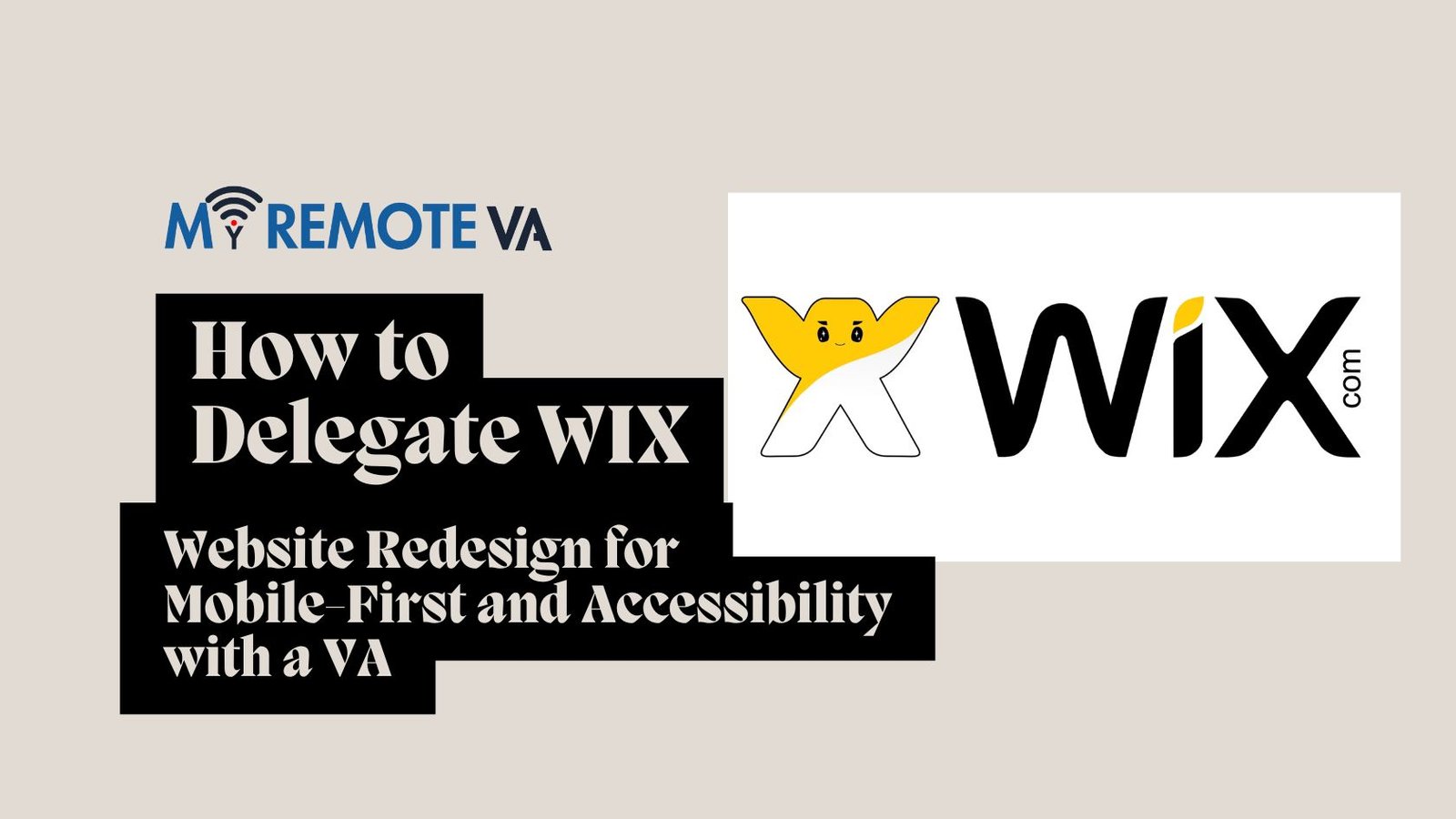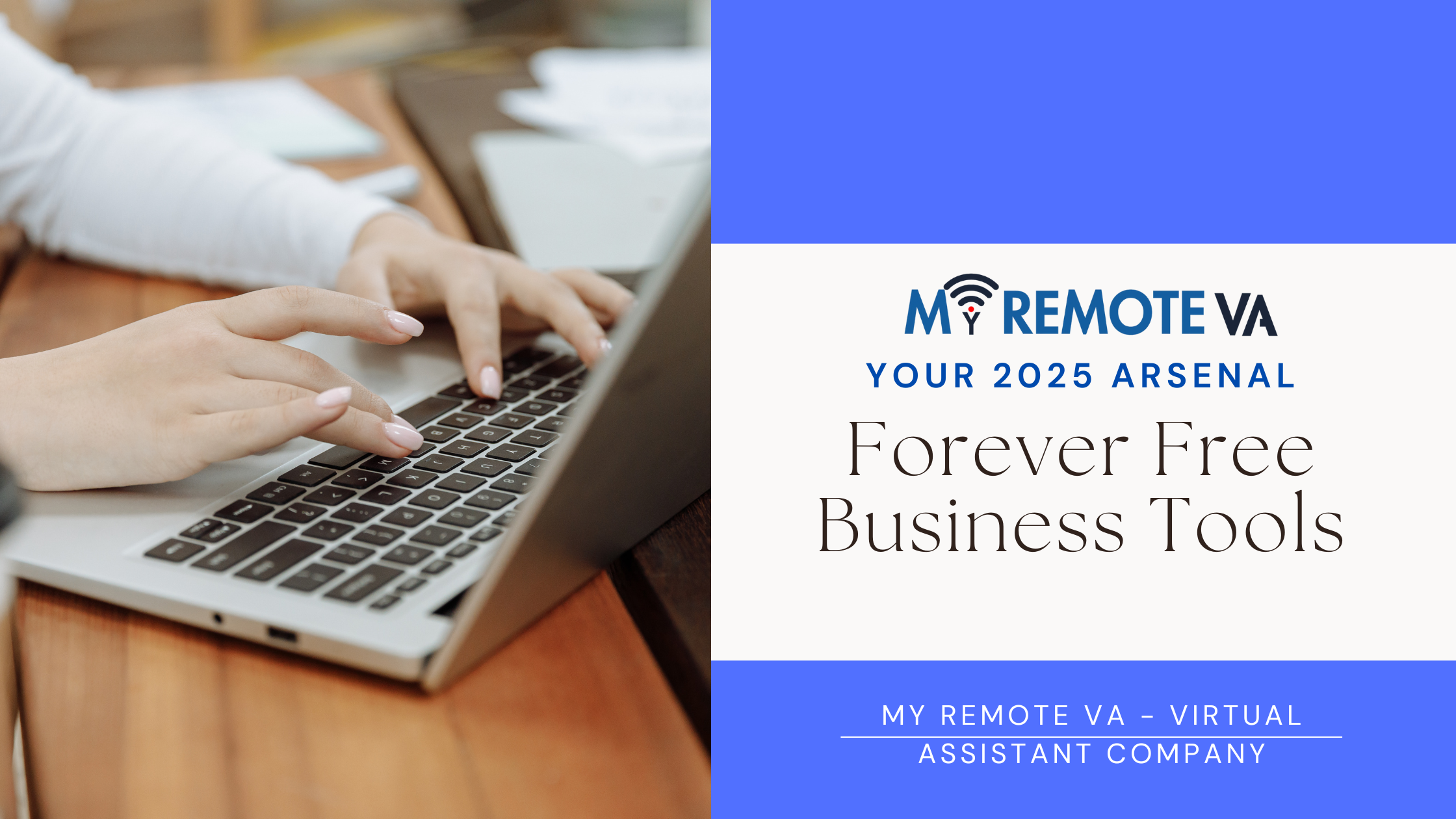
Introduction to Remote Executive Assistants
In recent years, the concept of remote executive assistants (EAs) has gained considerable traction, particularly in the United Arab Emirates (UAE). A remote executive assistant is a professional who provides administrative support to executives or business operations from a remote location, utilizing digital communication tools to manage tasks efficiently. The rise of remote work has created a new demand for these skilled individuals, enabling companies to maintain high levels of productivity while reducing overhead costs.
- Introduction to Remote Executive Assistants
- The Benefits of Hiring Remote Executive Assistants
- Key Skills and Qualities of Effective Remote EAs
- The Process of Hiring a Remote Executive Assistant
- Tools and Technologies for Managing Remote EAs
- Best Practices for Working with Remote Executive Assistants
- Challenges and Solutions in Remote EA Management
- Case Studies: Successful Remote EA Implementations in the UAE
- Conclusion
Remote executive assistants play a crucial role in streamlining operations and enhancing the effectiveness of executives. By handling various administrative responsibilities, such as scheduling meetings, managing emails, and conducting research, they allow business leaders to concentrate on strategic decision-making and core business functions. This delegation of tasks not only helps in maximizing productivity but also offers executives the flexibility to focus on their organizational goals without being bogged down by routine administrative work.
The increasing adoption of remote work in the UAE has significantly influenced the demand for remote executive assistance. As businesses strive to adapt to a rapidly changing environment, they recognize the advantages of employing remote EAs who can operate efficiently from afar. This trend is particularly significant for startups and small enterprises which may lack the resources to maintain full-time, on-site staff. Moreover, with the availability of cost-effective options like forever free remote assistant services, companies have began to explore innovative staffing solutions.
Overall, the evolution of remote executive assistants has opened new pathways for businesses in the UAE, providing essential support while optimizing operational costs. Embracing this trend means organizations can harness the full potential of remote work, allowing for a more agile and responsive business strategy.
The Benefits of Hiring Remote Executive Assistants
Hiring a remote executive assistant in the UAE presents numerous advantages that can significantly enhance business efficiency. One of the primary benefits is cost savings. By opting for a remote executive assistant, businesses can reduce overhead costs associated with hiring full-time in-house staff. Without the need for office space, utilities, and equipment, companies can allocate resources more effectively. This strategic financial management is particularly appealing to startups and small businesses operating on tighter budgets.
Furthermore, engaging a remote executive assistant allows businesses to tap into a global talent pool. Unlike traditional hiring methods, where geographical constraints limit options, a remote setup enables organizations to find skilled professionals with the necessary expertise, regardless of their location. This access is particularly beneficial in the UAE, where diverse skill sets and multicultural experience are crucial for navigating local and international markets.
In addition to cost efficiency and access to global talent, hiring remote executive assistants offers increased flexibility. These professionals can adapt their working hours to align with the specific needs of the business, thus ensuring continuous support and responsiveness. For instance, a remote executive assistant can manage tasks outside regular business hours, accommodating clients and colleagues in different time zones. This adaptability not only enhances workflow but also contributes to increased productivity overall.
Statistics have shown that businesses utilizing remote executive assistants can experience heightened productivity levels. A report indicated that organizations that adopted remote work practices saw a 15% increase in productivity. This highlights the significant value that remote executive assistants bring to operational effectiveness, allowing business leaders to focus on strategic initiatives while delegating routine tasks.
By harnessing the expertise of a remote executive assistant in the UAE, organizations can streamline operations, promote cost-efficiency, and optimize overall productivity. These factors collectively contribute to a more focused and productive business environment.
Key Skills and Qualities of Effective Remote EAs
In the dynamic landscape of the UAE, remote executive assistants (EAs) play a pivotal role in enhancing productivity and ensuring smooth operational flow. To excel in this capacity, several key skills and qualities are essential for effective performance. Chief among these is outstanding communication skills. Given the diverse workforce in the UAE, remote EAs must communicate effectively across various cultures and languages, ensuring clarity and understanding in all interactions. This not only aids in daily task management but also in building strong professional relationships.
Time management is another critical quality that an effective remote executive assistant must possess. The ability to prioritize tasks, meet deadlines, and efficiently allocate time to various responsibilities is fundamental. A remote EA must adeptly handle multiple projects simultaneously, often in high-pressure environments. This proficiency directly contributes to the seamless execution of administrative duties, allowing executives to focus on strategic initiatives.
Adaptability stands as a hallmark of a successful remote executive assistant in the UAE. The business environment can shift rapidly, requiring EAs to pivot quickly and effectively. Whether adjusting to new technologies or responding to last-minute changes in executive schedules, their ability to remain flexible ensures that operations remain uninterrupted and that priorities are consistently aligned with organizational goals.
Technological proficiency cannot be overlooked in this increasingly digital age. Remote executive assistants must be familiar with various collaboration tools, project management software, and communication platforms to facilitate seamless interactions with their teams. Furthermore, strong problem-solving abilities empower these professionals to navigate challenges swiftly, providing solutions that contribute to overall business efficiency.
Lastly, cultural awareness is vital within the diverse UAE market. Understanding and respecting cultural nuances enables remote EAs to interface effectively with colleagues and stakeholders from various backgrounds, fostering a respectful and inclusive workplace. By honing these skills and qualities, remote executive assistants can significantly enhance their effectiveness and contribute meaningfully to organizational success.
The Process of Hiring a Remote Executive Assistant
Hiring a remote executive assistant in the UAE can significantly enhance your business’s operational efficiency. The first step in the process involves identifying the specific needs of your organization. This includes assessing the tasks that require assistance, whether it be managing schedules, handling communications, or overseeing projects. A thorough evaluation will help articulate the ideal qualifications and skills necessary for the role.
Once the needs are determined, the next step is to create a clear and comprehensive job description. This document should outline the responsibilities, required skills, and preferred experience. When drafting the job description, it is beneficial to highlight the unique aspects of your organization and any flexibility offered by embracing a remote work model. This can attract suitable candidates who are comfortable in a remote environment and eager to provide support as a remote executive assistant in the UAE.
After finalizing the job description, sourcing potential candidates is the next major task. Utilizing online job platforms, professional networks, and social media can be effective strategies for finding applications. Moreover, consider tapping into specialized recruitment agencies that focus on virtual roles, which can streamline the process of finding qualified candidates who possess the necessary skills and experience. It is also helpful to promote the role as a forever free remote assistant opportunity, which may appeal to many job seekers looking for flexible arrangements.
Once applications start rolling in, the interview process gets underway. Conducting interviews via video conferencing is essential to assess candidates’ communication skills and their comfort with remote work. Include scenario-based questions that gauge their problem-solving abilities and ability to work autonomously. Finally, selecting the right fit involves not only evaluating professional qualifications but also considering cultural compatibility with your organization. By following these structured steps, hiring a remote executive assistant can become a streamlined and effective process.
Tools and Technologies for Managing Remote EAs
In the modern business landscape, effective management of remote executive assistants (EAs) is pivotal for maintaining operational efficiency, particularly in the UAE context. A variety of tools and technologies play a crucial role in facilitating this management process, ensuring that remote EAs can perform their duties efficiently and seamlessly. Among these tools, project management software stands out as essential for assigning tasks, tracking progress, and meeting deadlines. Platforms such as Trello, Asana, and Monday.com offer user-friendly interfaces and customizable workflows that allow businesses to keep their remote EAs organized and aligned with company goals.
Communication is another critical component in managing remote executive assistants. With the geographical distance often present in remote work scenarios, utilizing reliable communication platforms is vital for ensuring that EAs remain connected with their teams. Applications like Slack, Microsoft Teams, and Zoom provide a range of functionalities including instant messaging and video conferencing, fostering real-time collaboration and facilitating regular updates. This level of connectivity is key for remote executive assistants to thrive, enabling them to engage in discussions, share insights, and clarify tasks effectively.
Additionally, cloud storage solutions are indispensable for the smooth operation of remote executive assistants in the UAE. Services such as Google Drive, Dropbox, and OneDrive not only allow for the centralization of important documents and files but also enable collaborative editing and sharing. This ensures that both employers and their remote EAs can access crucial information whenever needed, thereby enhancing productivity and workflow. Overall, integrating these tools is essential for optimizing the operations of a remote executive assistant in the UAE, leading to improved efficiency and streamlined communication across teams.
Best Practices for Working with Remote Executive Assistants
Collaborating with a remote executive assistant in the UAE can significantly enhance organizational efficiency. However, to maximize the potential of these remote assistants, it is essential to adopt several best practices that foster effective communication and collaboration. First and foremost, establishing clear communication channels is vital. Employing tools like video conferencing, instant messaging, and project management software can facilitate seamless interactions and ensure that tasks are executed efficiently.
Setting mutual expectations between the employer and the remote executive assistant is another crucial practice. It involves defining roles, responsibilities, and deadlines from the outset. This clarity helps in aligning goals and enhances productivity. Providing a detailed job description will guide the virtual assistant in understanding their tasks better, contributing to more effective performance.
Regular feedback plays an important role in this dynamic environment. Constructive feedback should be provided frequently to help the remote executive assistant improve and adapt to the requirements of their role. This ongoing evaluation not only aids in their professional development but also reinforces a culture of communication and trust within the team.
Fostering a positive work relationship is essential for long-term success. Acknowledging the efforts and achievements of the remote assistant can go a long way in building morale and motivation. Moreover, a supportive environment encourages collaboration and innovation, enabling the remote executive assistant to contribute meaningfully to the organization’s objectives.
Onboarding and training should not be overlooked either. Providing comprehensive training during the initial phase equips the remote executive assistant with the necessary tools and skills. It is essential to integrate them into the company culture and familiarize them with the specific operations of your business. By following these best practices, you can ensure a productive partnership with a remote executive assistant in the UAE, ultimately leading to a more efficient work environment.
Challenges and Solutions in Remote EA Management
Managing a remote executive assistant (EA) in the UAE presents unique challenges that can impact productivity and effectiveness. One of the most significant hurdles is communication barriers. Misunderstandings may arise due to different interpretations of messages or lack of immediate feedback. To mitigate this, establishing clear communication channels via platforms such as Slack or Microsoft Teams can be beneficial. Regular meetings and updates through video conferencing can further enhance understanding and collaboration.
Another challenge is navigating time zone differences. The UAE operates in the Gulf Standard Time (GST), which may not align with the working hours of remote executive assistants located in other parts of the world. This discrepancy can lead to delays in project progression and responses. Implementing a flexible work schedule that accommodates various time zones is crucial. Scheduling overlapping hours where both parties are available for real-time communication can help to bridge this gap effectively.
Furthermore, feelings of isolation can affect remote EAs, making them feel disconnected from the rest of the team. This sentiment can lead to decreased motivation and engagement. To combat this issue, incorporating virtual team-building activities can foster a sense of belonging and camaraderie. Activities such as online quizzes, virtual coffee breaks, or collaborative projects can facilitate social interaction among team members. In addition, offering opportunities for professional development can enhance the remote EA’s skills while making them feel valued and connected to their organization.
By proactively addressing these challenges with effective communication strategies, flexible scheduling, and team-building initiatives, companies in the UAE can enhance the management of their remote executive assistants. As organizations increasingly rely on remote talent, understanding these issues and implementing practical solutions will be essential for maintaining productivity and team cohesion.
Case Studies: Successful Remote EA Implementations in the UAE
The integration of remote executive assistants (EAs) has proven to be a game-changer for numerous businesses in the UAE. One notable example is a leading technology firm that faced significant operational strain due to the rapid growth of its client base. Before implementing a remote executive assistant, the company struggled with time management and task prioritization, leading to missed deadlines and overwhelmed staff. By hiring a remote executive assistant, the firm was able to delegate administrative tasks, which allowed their core team to focus on high-impact projects. This strategic decision resulted in a 30% improvement in project delivery times, showcasing the potential of using a remote EA.
Another relevant case is a growing e-commerce startup that was juggling marketing, customer service, and supply chain challenges. Management recognized that an overworked team was affecting productivity and employee morale. Upon hiring a forever free remote assistant, the startup was able to offload mundane tasks such as scheduling, email correspondence, and market research. This implementation not only freed up valuable time for the management team but also fostered a more cohesive work environment. As a result, the startup saw a 25% increase in sales over three months, demonstrating the significant impact a remote executive assistant can have on scaling operations.
Moreover, a notable consulting firm faced difficulties in managing various client accounts simultaneously. Before bringing a remote executive assistant on board, they experienced scheduling conflicts and lapses in communications, which threatened client relationships. The introduction of a remote EA transformed their operational workflow. The assistant organized calendars, streamlined communication channels, and ensured that no client’s needs went unnoticed. Consequently, client satisfaction rates rose by 40%, illustrating the vital role a remote executive assistant plays in enhancing client interactions and overall business efficiency.
These case studies illustrate that businesses in the UAE can greatly benefit from the strategic use of remote executive assistants. By addressing specific challenges and implementing effective solutions, companies have witnessed improved productivity, enhanced team dynamics, and accelerated growth.
Conclusion
The role of remote executive assistants in the UAE has undergone significant transformations, especially in the wake of technological advancements and changing workplace dynamics. As businesses increasingly recognize the benefits of flexible work arrangements, the demand for remote executive assistants is set to rise. These professionals bring a multitude of skills to the table, enabling organizations to operate with enhanced efficiency and productivity.
One of the fundamental aspects of remote executive assistants in the UAE is their ability to adapt to various business needs. This adaptability allows companies to optimize resources and reduce costs, making the concept of a forever free remote assistant more appealing to startups and small businesses. The potential for utilizing remote executive assistants can give organizations the competitive edge they need in a rapidly evolving market.
Looking ahead, the future of remote executive assistants in the UAE appears promising. With the ongoing emphasis on digital transformation and remote work, we are likely to see advancements in tools and technologies that facilitate seamless communication and collaboration. Remote executive assistants will increasingly incorporate artificial intelligence and automation into their workflows, further enhancing their efficiency and effectiveness.
Moreover, as the region’s businesses strive to meet global standards, there will be a heightened emphasis on professional development and specialization among remote executive assistants. Training programs and resources will likely expand, ensuring that these professionals are equipped with the latest skills and knowledge to cater to diverse industries. This evolution will solidify their role as indispensable allies in the workplace.
In summary, the landscape for remote executive assistants in the UAE is evolving, driven by innovation and a shift in organizational culture towards flexibility and efficiency. As businesses continue to embrace these changes, the future of remote executive assistants looks to be an integral part of this transformation, paving the way for greater adaptability and enhanced operational success in the years to come.











